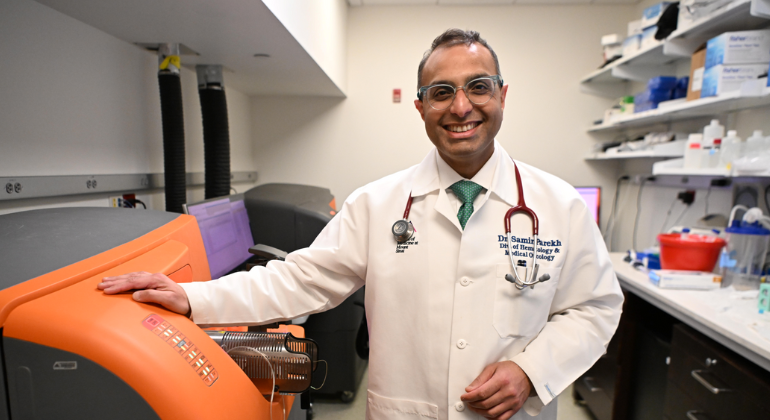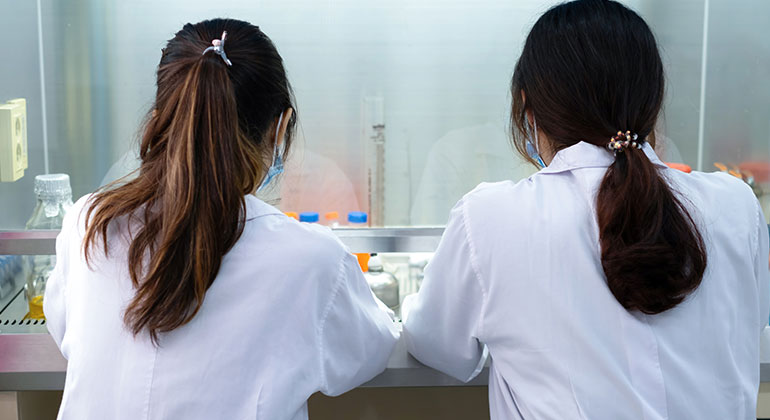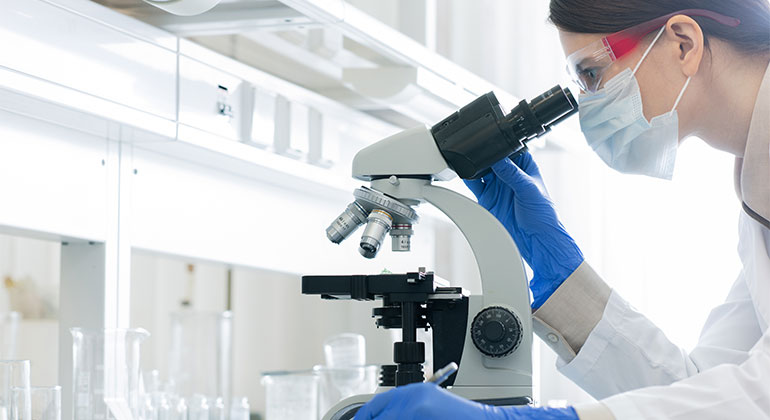Response to COVID-19 Vaccines Varies Widely in Blood Cancer Patients
Some of these patients had undetectable antibodies after mRNA vaccines, showing need for monitoring or continued precautions
Patients with a type of blood cancer called multiple myeloma had a widely variable response to COVID-19 vaccines—in some cases, no detectable response—pointing to the need for antibody testing and precautions for these patients after vaccination, according to a study published in Cancer Cell in June.
Mount Sinai researchers found that multiple myeloma patients mount variable and sometimes suboptimal responses after receiving the Pfizer-BioNTech or Moderna COVID-19 vaccines. Almost 16 percent of these patients developed no detectible antibodies after both vaccine doses. These findings may be relevant to other cancer patients undergoing treatment and to immunocompromised patients.
“This study underscores the need for routine blood tests on multiple myeloma patients after vaccination to understand their risk and potential need to continue wearing masks and socially distance until the pandemic wanes,” said co-lead author Samir Parekh, MD, Director of Translational Research in Multiple Myeloma at The Tisch Cancer Institute at Mount Sinai and Professor of Medicine (Hematology and Medical Oncology), and Oncological Sciences, at the Icahn School of Medicine at Mount Sinai. “This also calls for clinical trials to study the use of prophylactic therapies, like monoclonal antibodies, to mitigate COVID-19 risk or to use of different vaccines or booster vaccinations in these patients.”
COVID-19 vaccines are highly effective in preventing severe infections or death, but patients with multiple myeloma are immunocompromised and often on immunosuppressive therapy, and preliminary reports showed that the vaccines evoked a lower and delayed response in them compared to healthy people. This study was the first to analyze a large group of patients with multiple myeloma after completing both doses of vaccination and to compare their antibody response to a control group of healthy people.
“As we continue to reopen the country, it is important for people with immune system disorders, including multiple myeloma, to work with their doctors and to understand their response to their COVID-19 vaccines due to the varied antibody responses to the vaccines we see in this study,” said co-lead author Ania Wajnberg, MD, Director of Clinical Antibody Testing at The Mount Sinai Hospital.
Repeat antibody measurements from before patients’ first vaccine dose until 60 days after the second vaccination showed delayed and suboptimal responses, particularly in patients with multiple myeloma who had not contracted COVID-19 before their vaccinations. Patients on active cancer treatment had significantly lower antibody levels after two vaccine doses than multiple myeloma patients who were not on treatment at the time of vaccination.
Researchers analyzed the antibody levels of 320 multiple myeloma patients, 260 of whom received two doses of COVID-19 vaccinations, and found that 15.8 percent had undetectable antibodies. The multiple myeloma patients who had had COVID-19 before vaccination showed immune responses that were 10 times higher than those who had not.
Pointing to the importance of the study, 10 multiple myeloma patients who received at least one dose of COVID-19 vaccine developed COVID-19 during the study period. Four needed to be hospitalized with severe symptoms and one of them died.
The team of Mount Sinai researchers continue to study the response of these patients to COVID-19 vaccines and believe that it may be possible that patients who mount low to modest antibody responses will lose protection more rapidly than those who mount a high response.
The study was performed in collaboration with the Precision Virology/Seronet team including Viviana Simon, MD, PhD, Professor of Microbiology, and clinical and research staff at the Center of Excellence for Multiple Myeloma at Mount Sinai.
About the Mount Sinai Health System
Mount Sinai Health System is one of the largest academic medical systems in the New York metro area, employing 48,000 people across its hospitals and more than 400 outpatient practices, as well as more than 600 research and clinical labs, a school of nursing, and a leading school of medicine and graduate education. Mount Sinai advances health for all people, everywhere, by taking on the most complex health care challenges of our time—discovering and applying new scientific learning and knowledge; developing safer, more effective treatments; educating the next generation of medical leaders and innovators; and supporting local communities by delivering high-quality care to all who need it.
Through the integration of its hospitals, labs, and schools, Mount Sinai offers comprehensive health care solutions from birth through geriatrics, leveraging innovative approaches such as artificial intelligence and informatics while keeping patients’ medical and emotional needs at the center of all treatment. The Health System includes approximately 9,000 primary and specialty care physicians and 11 free-standing joint-venture centers throughout the five boroughs of New York City, Westchester, Long Island, and Florida. Hospitals within the System are consistently ranked by Newsweek’s® “The World’s Best Smart Hospitals, Best in State Hospitals, World Best Hospitals and Best Specialty Hospitals” and by U.S. News & World Report's® “Best Hospitals” and “Best Children’s Hospitals.” The Mount Sinai Hospital is on the U.S. News & World Report® “Best Hospitals” Honor Roll for 2024-2025.
For more information, visit https://www.mountsinai.org or find Mount Sinai on Facebook, Twitter and YouTube.
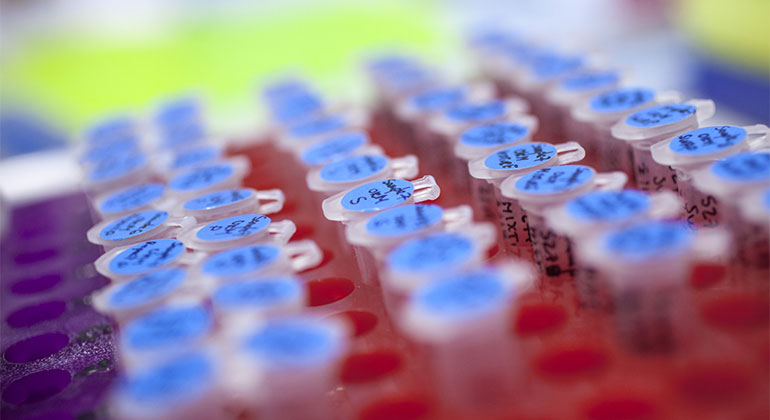
Diabetes May Accelerate Blood Cancer Growth, Yet Survival Outcomes Differ by Race
Sep 29, 2023 View All Press Releases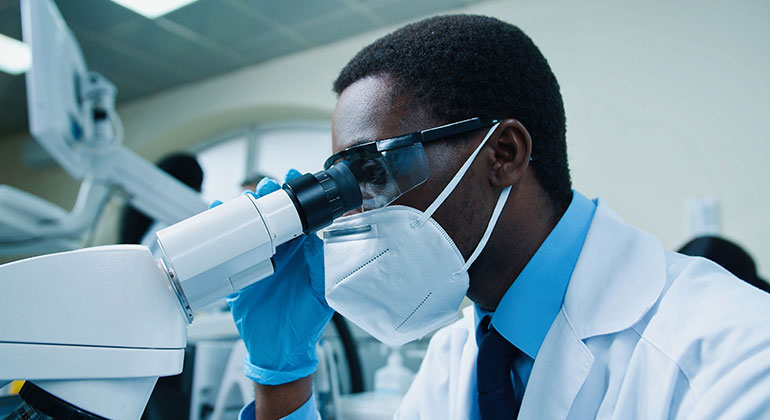
Researchers Find Treatment Options for Patients Whose Blood Cancer Relapses After CAR-T
Nov 04, 2022 View All Press Releases